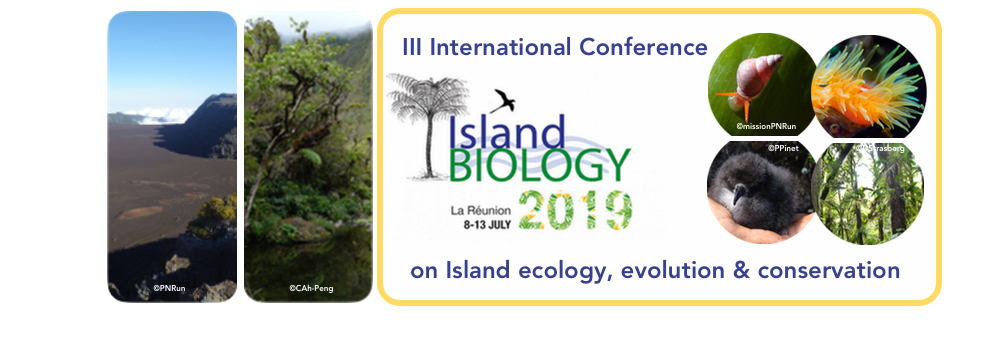Classical island biodiversity theory predicts that insular populations generally have limited stocks of genetic diversity. However, notable exceptions to this hypothesis started to appear since the seminal applications of molecular techniques to the investigation of island endemics, and have experienced an upward surge in recent times due to both the thorough consideration of diversification processes in widespread insular lineages, and the inception of new generation genetic analysis techniques. At odds with the classical tenets of island biogeographical theory, abundant evidence based on consistent populational and genetic sampling in multi-island oceanic archipelagoes is revealing complex diversification landscapes where plant endemics often display great genetic diversity levels, directly related to the maintenance of high dispersability capabilities. In tight connection, phylogeographical analyses are also describing very dynamic scenarios of frequent inter- and intra-island colonization, and complex patterns of hybridization that underlie the origins of some conspicuous island radiations, and often reveal the existence of (i) ongoing speciation processes at local spatial scales (‘islands within islands'), and (ii) glaring incongruences with the currently accepted taxonomy. The talk will assess genetic data to showcase discrepancies between the classical island genetic diversity theory and the emerging picture, emphasizing the ensuing conservation implications. Our main focus will be the Canarian archipelago, where the sharply different ontogenetic stages of the different islands, their climatic stability during Quaternary glacial cycles, and their great closeness to the mainland have likely promoted a much higher incidence of processes that conflict with some important tenets of the island syndrome.

|
|
|
|
Are genetic diversity patterns cogent with a generalized loss of dispersal in island plants? Insights from Macaronesia
1 : Jardín Botánico Canario "Viera y Clavijo"-Unidad Asociada al CSIC, Cabildo de Gran Canaria
Camino al Palmeral 15 Tafira Alta -
Spain
2 : Departamento de Biología de Organismos y Sistemas, Jardín Botánico Atlántico – Universidad de Oviedo (Spain)
Campus del Cristo B de la Universidad de Oviedo. -
Spain
3 : Institute for Integrative Nature Conservation Research, University of Natural Resources and Life Sciences (Austria)
* : Corresponding author
University of Natural Resources and Life Sciences (Austria) -
Austria
|
| Online user: 25 | RSS Feed |

|
 PDF version
PDF version